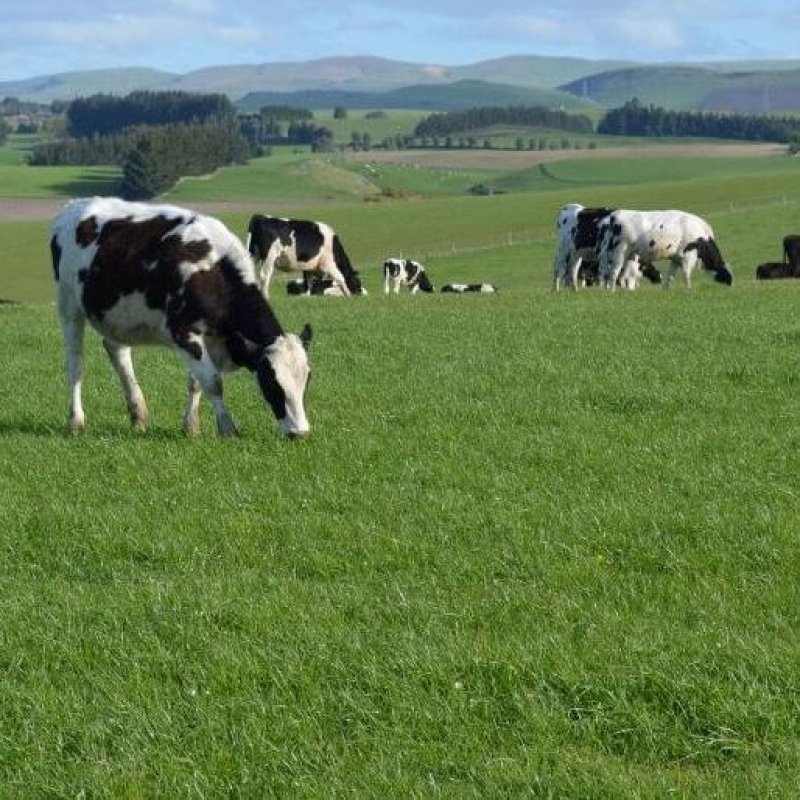AgResearch principal scientist Dr Greg Bryan recently returned from the United States where the Crown Research Institute is conducting field trials of the genetically modified High Metabolizable Energy (HME) ryegrass.
New Zealand forage scientists have been conducting experiments to find out whether this new potentially environmentally sustainable grass – one that strikes a balance between reductions in greenhouse gas emissions, greater tolerance to drought, and farm productivity – will perform in the field in a similar way to how it performs in controlled environment studies.
…
While the results have been encouraging, Bryan issued a note of caution.
“This is complex long-term research and we are working on a species with challenging genetics. It takes several years to breed the HME trait into elite ryegrass varieties currently used by farmers, and very importantly, to test performance every step of the way.
…
“Eventually, we will need to seek regulatory approval for HME ryegrass to be grown here in New Zealand for livestock grazing trials. We need to test in New Zealand conditions using New Zealand animals to ultimately confirm or refute the potential environmental and productivity benefits of HME ryegrass.”
Read full, original article: Development of genetically modified ryegrass making progress































